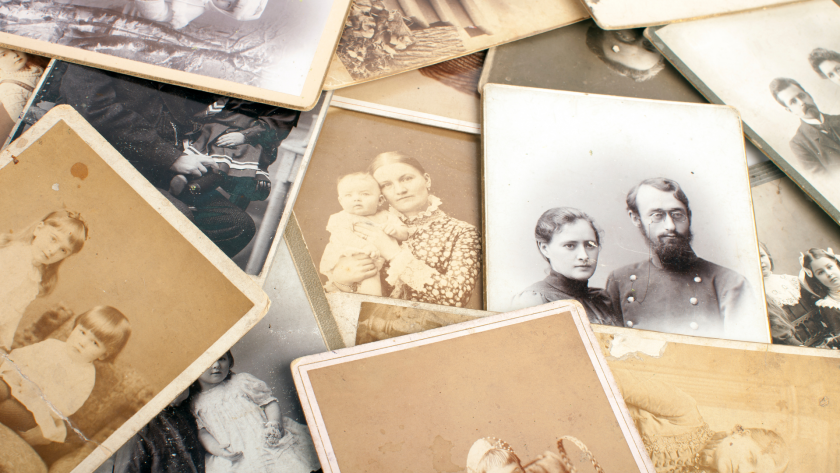Nowadays, most people cannot even remember their grandmother’s first name. This is usually due to generational conflicts. Now, our ancestors were from a different generation. They were typically, fiercely protective of their families and wanted their information to be kept as private as possible. The problem is that as generations pass, information can get lost… worse, it can be lost to the more younger members of the family who actually value the knowledge.
Thankfully, there are some traditional sources, that can help you retrieve that kind of ancestral information. Here is a quick look at some of those sources.
Family Bible
A family bible is a great place to start your search on your forebearers. You can find many clues and information that can help narrow down the search. If the family bible is still in the family, your grandmother’s maiden name may be mentioned. When you are researching your family tree, look at your parents’ family history. You could also consider copying your parents’ family Bible. It can be a good hobby or project for you.
Birth and Death Certificates
Family records like birth certificates and death certificates may contain one or all of the pertinent data that can lead you to ancestral information. And if that info is the maiden name of an ancestor, then birth and death records can be good sources of evidence. Moreover, working through a birth or death record to explore your ancestor’s maiden name can be oddly rewarding. Once you know your ancestor’s name before marriage, you can research them further on census records, marriage records, vital records, church records, land records, immigration records, military service records, family group records, and obituaries.
Census Record
Another top-notch source for finding an ancestor’s maiden name is the census record. Usually made by a government agency, a census record lists all the people living in a particular location in a particular year. The record will tell you when your ancestors were living, who they were living with, and what they were earning. And if you are lucky, the census record should also list your ancestor’s maiden name as this would be the name your ancestor that was given to them at the time of their birth.
Online Sources
It is not that people don’t want to research their family history. Often, they just don’t have the time or knowledge to perform an extensive genealogy. However, with the help of today’s online tools, genealogists can easily research their ancestors. You can look at different sites that might be helpful in your search for your ancestral history. A few are listed below:
Ancestry.com
One of the best online tools available today is Ancesty.com. This website helps trace an ancestor’s birth, marriage, and death. It also helps trace ancestral family lines. There is a plethora of information that you could unearth depending on what it is that you are looking for.
MyHeritage
MyHeritage is one of the top genealogy websites around, and it’s been around for years, giving you access to millions of historical records. MyHeritage.com provides users with information on their family history. The site continues to build on the legacy of Family Tree DNA by providing low-cost DNA testing for tracing your family tree. Their new AncestryDNA test, which builds on their already-existing tests, provides better insight into your ancestry. With more accurate results, this website is the clear choice for anyone who enjoys learning about their lineage.
23andMe
With 23andMe, you can discover not only your ancestors but also much more about your ethnic origins, health risks, carrier status, and more.
The Family History Wiki
The Family History Wiki is a good place to start your research. The website provides a quick and easy-to-use resource for finding family names and basic information.
Family history and genealogy can be fun, educational, and fascinating. In this journey of exploring titbits of knowledge about your ancestors, you can take the traditional route to look through records kept within the family, the city council or local government, and other organizations. Or you may use modern methods to retrieve the same information from online sources. There is so much information available, which makes it harder to find what is accurate and what is just wishful thinking. Thus, it becomes important to find the right tools to guide you to a correct outcome.




